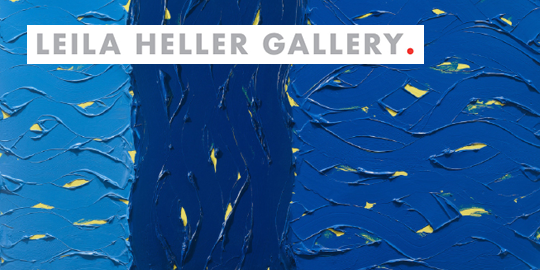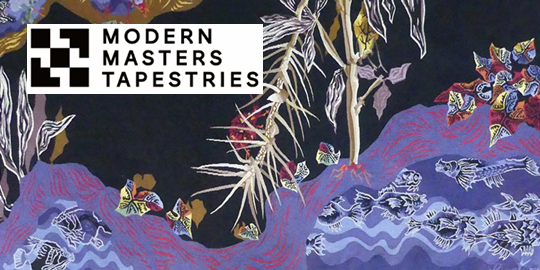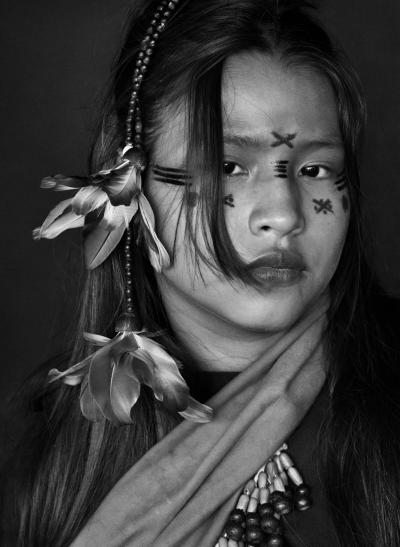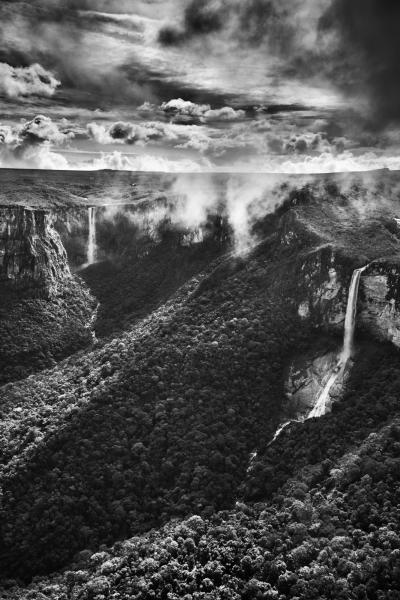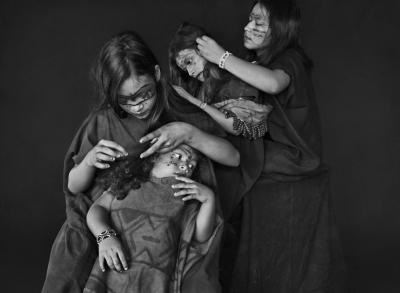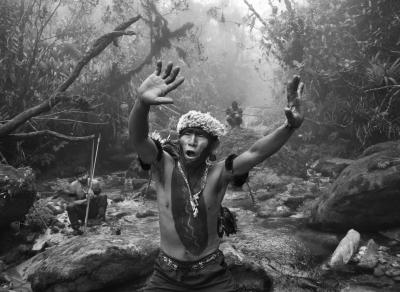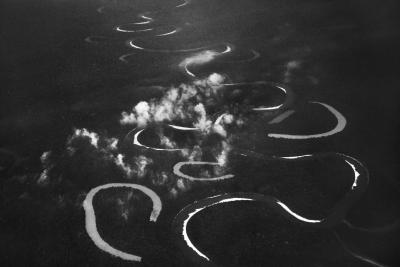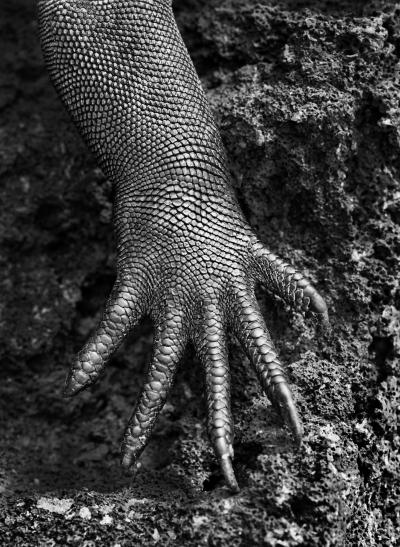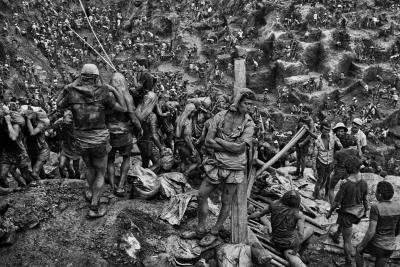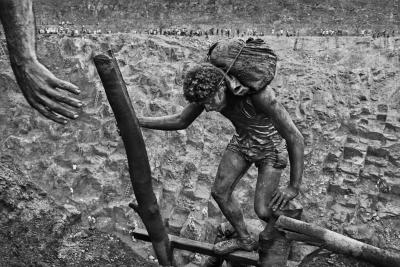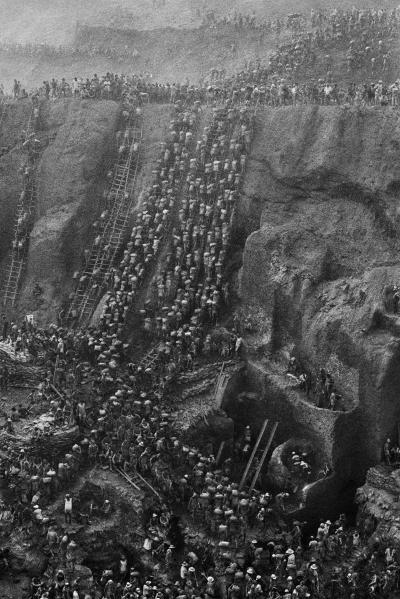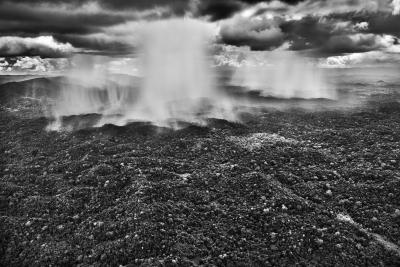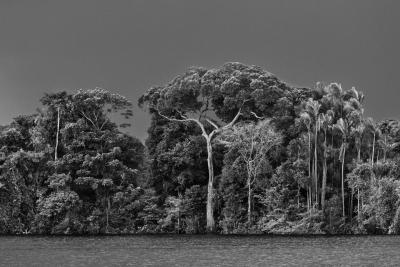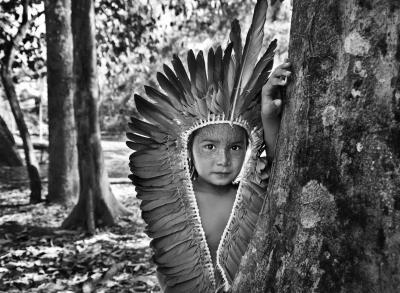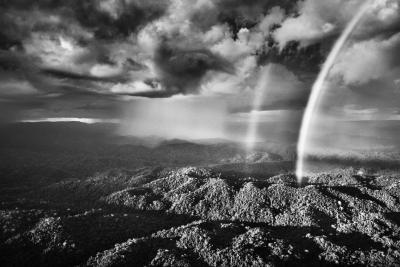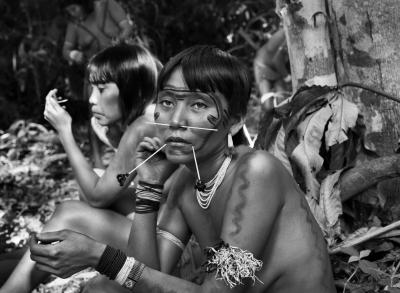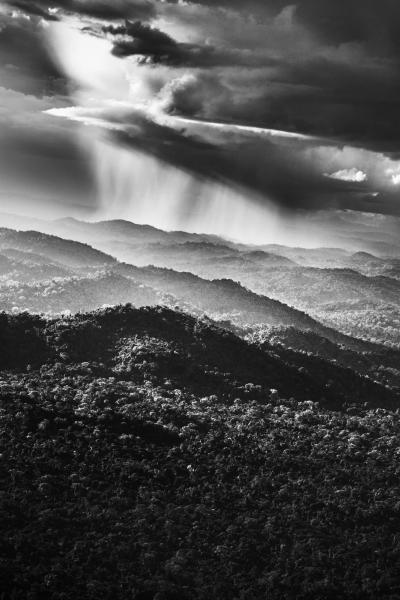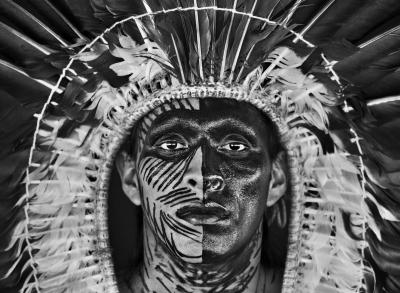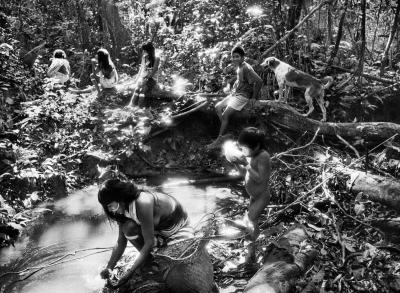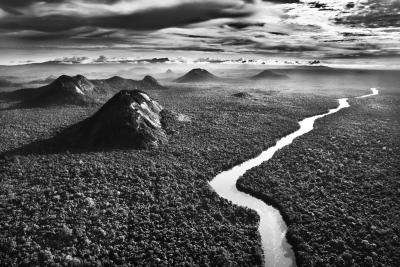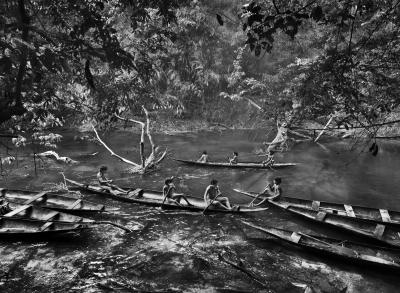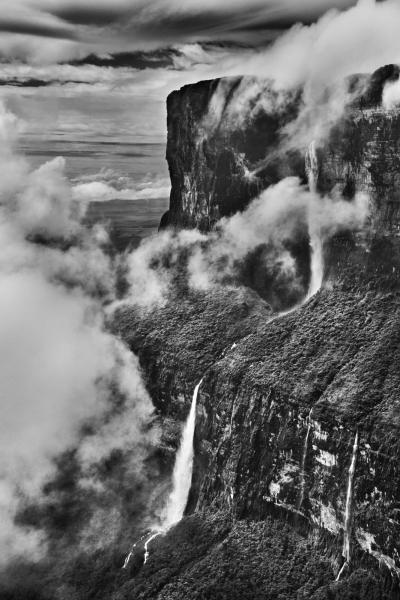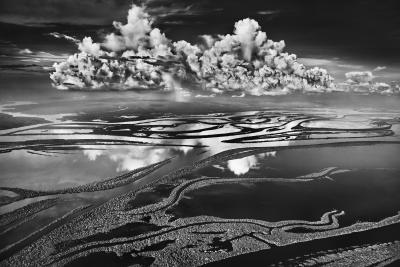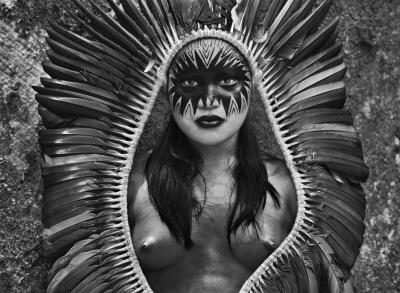Sebastião Salgado
Brazilian, 1944
Born in Aimorés, Brazil, Sebastião Salgado initially pursued a career in economics before turning to photography in the early 1970s. He completed his MA in economics at São Paulo University in 1968 and earned a PhD from the University of Paris in 1971. His role at the International Coffee Organization in London involved frequent travel to Africa, where he felt compelled to document his experiences. By 1974, he had begun freelancing as a photojournalist for the Sygma agency in Paris. He subsequently worked with Gamma from 1975 until 1979, when he joined Magnum, the esteemed photography cooperative established by Henri Cartier-Bresson, Robert Capa, George Rodger, and David Seymour (Chim).
Throughout his career, Salgado has produced several extensive documentary series, many of which have been published. Notable works include Sahel: L'homme en détresse (1986), Other Americas (1986), An Uncertain Grace (1990), and Workers (1993), which explores the diminishing role of manual labor on a global scale. His impactful contributions to photography have earned him numerous accolades, including the Eugene Smith Award for Humanitarian Photography, two ICP Infinity Awards for Journalism, the Erna and Victor Hasselblad Award, and the Arles International Festival's prize for best photography book for Workers.
Salgado's powerful images depict individuals in dire economic situations. By presenting his photographs in cohesive series rather than as standalone pieces, he masterfully intertwines subject and context. This approach allows him to convey the dignity and integrity of his subjects without forcing narratives of heroism or soliciting pity, a common pitfall in representations of the Third World. His work offers a nuanced perspective on social and economic issues, distinguishing his photography from that of his contemporaries.
Throughout his career, Salgado has produced several extensive documentary series, many of which have been published. Notable works include Sahel: L'homme en détresse (1986), Other Americas (1986), An Uncertain Grace (1990), and Workers (1993), which explores the diminishing role of manual labor on a global scale. His impactful contributions to photography have earned him numerous accolades, including the Eugene Smith Award for Humanitarian Photography, two ICP Infinity Awards for Journalism, the Erna and Victor Hasselblad Award, and the Arles International Festival's prize for best photography book for Workers.
Salgado's powerful images depict individuals in dire economic situations. By presenting his photographs in cohesive series rather than as standalone pieces, he masterfully intertwines subject and context. This approach allows him to convey the dignity and integrity of his subjects without forcing narratives of heroism or soliciting pity, a common pitfall in representations of the Third World. His work offers a nuanced perspective on social and economic issues, distinguishing his photography from that of his contemporaries.
